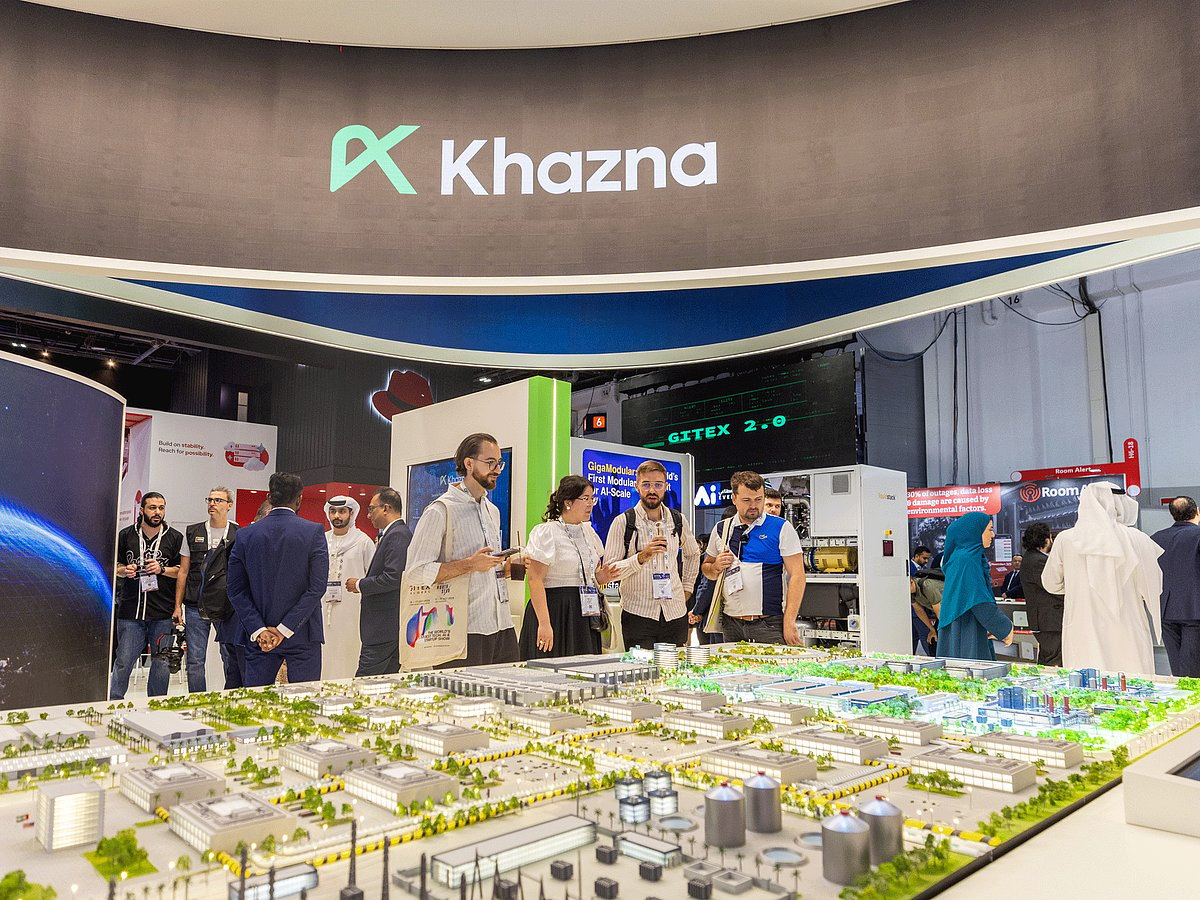Khazna to add 1 GW data centre capacity across key markets by 2030
UAE firm expands into Saudi Arabia and Italy to power AI-driven digital economies

Dubai: Khazna Data Centers, the UAE’s hyperscale infrastructure leader, announced plans to expand its operational capacity by more than 1 gigawatt by 2030, as demand for AI-ready data infrastructure accelerates across global markets.
More than 400 megawatts of new capacity will be developed in Saudi Arabia, Italy and other markets, with the rest dedicated to large-scale projects in Abu Dhabi, Dubai and Ajman. The scale-up marks a turning point for the company’s regional expansion and global competitiveness.
Johan Nilerud, Chief Strategy Officer at Khazna, said customer demand is the driving force behind the company’s acceleration. “This AI boom is really shaping up now,” he said. “The UAE has something unique, we’ve been preparing for this expansion for years, but now we’re seeing demand materialise from clients who need AI-optimised capacity.”
Also Read
UAE’s tech sector has this ‘hunger’ for data centers and Khazna is out to meet thatKhazna, Beeah ink deal for Tier 3 data centre in SharjahNilerud described the effort as “a lot of construction” that involves thousands of engineers, planners and technicians. “We’re building the buildings that will host all the compute power, the equipment that produces intelligence,” he said. “These are multi-million-dollar projects with thousands of people on the ground and huge amounts of material and equipment to handle cooling and power.”
While Khazna declined to disclose the total investment, Nilerud noted that “it costs around $10 million to build one megawatt of data centre capacity”, depending on design and resilience.
He said Khazna’s decade-long experience gives it an edge in a market crowded with new entrants. “We own the full lifecycle, design, construct and operate,” he said. “Many players specialise in one stage, but when you serve clients investing for decades, you need that continuous learning loop from design to operations.”
Nilerud added that innovation, speed, and sustainability now define competitiveness. “We need to keep evolving, driving quicker time to construct and deploy, and improving energy efficiency, which is a huge task because data centres are becoming far more energy-intensive,” he said. “That’s why we work closely with utilities and power producers to lead the transition to cleaner energy.”
Each new Khazna facility generates more than $320 million in GDP contribution and supports over 1,150 jobs, from construction to long-term operations. “However you look at it, these are projects that move economies,” Nilerud said. “They also move skills, we’re building the next generation of electrical and mechanical engineers right here in the region.”
Khazna’s upcoming Italy campus, developed in partnership with Eni, will be powered by Blue Power, a low-carbon energy system integrating gas and carbon capture. The company is also delivering the infrastructure layer for Stargate UAE, the five-gigawatt AI Campus in Abu Dhabi, which will host some of the region’s most advanced compute clusters.
Data centre capacity across the Gulf is projected to triple by 2030, with the GCC expected to account for more than 60% of new capacity in the Middle East and Africa
Sign up for the Daily Briefing
Get the latest news and updates straight to your inbox
Network Links
GN StoreDownload our app
© Al Nisr Publishing LLC 2026. All rights reserved.